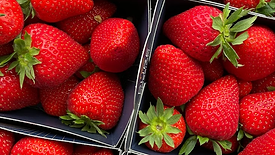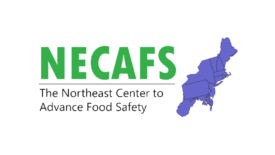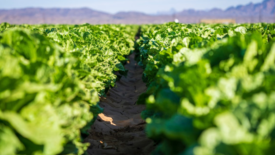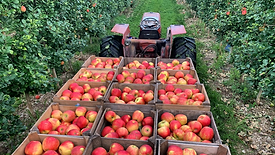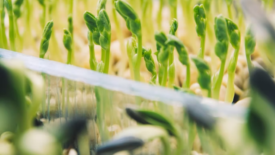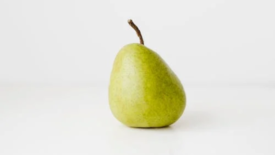Produce
BIZTRACKS
Produce Growers’ Opinions Requested to Inform Food Safety Resources
March 13, 2023
Never miss the latest news and trends driving the food safety industry
eNewsletter | Website | eMagazine
JOIN TODAY!Copyright ©2024. All Rights Reserved BNP Media.
Design, CMS, Hosting & Web Development :: ePublishing
